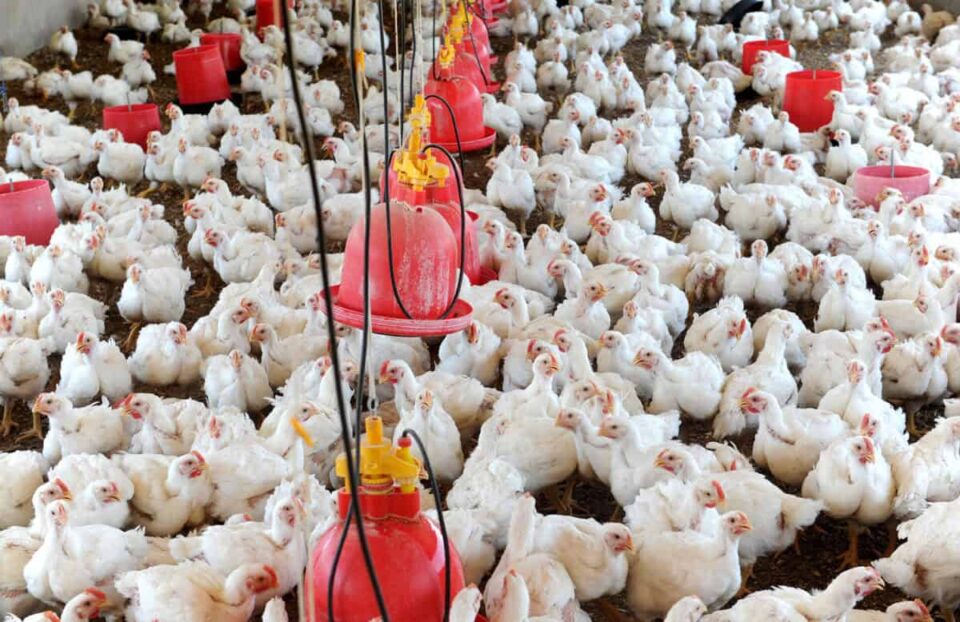Zanzibar’s latest fiscal reforms have stirred widespread concern across its poultry supply chain following a steep increase in import duties on chicken. As part of the 2025/2026 national budget, Finance and Planning Minister Dr. Saada Salum Mkuya announced that the tax on imported chicken and fish would rise more than threefold—from TSh 300 to TSh 1,000 per kilogram.
The government says the measure is aimed at boosting local production, protecting domestic farmers from cheap imports, and enhancing food security and job creation. Authorities project that the revised tax will generate over TSh 7.25 billion in revenue, earmarked for economic development initiatives.
While local poultry producers and farming associations have welcomed the move as a step toward self-reliance, the policy has triggered anxiety among importers, small-scale traders, and consumers. Chicken is a dietary staple in Zanzibar, and many fear that the price hike could place it out of reach for ordinary households already grappling with high living costs.
Concerns Over Supply and Affordability
Critics argue that while the goal of protecting local industry is commendable, Zanzibar’s poultry sector may not yet be robust enough to handle a sudden surge in demand. Without adequate domestic supply to fill the gap left by imports, the tax could lead to price inflation, shortages, or increased reliance on lower-quality protein alternatives.
“The timing is too abrupt,” said one market trader in Stone Town. “We need infrastructure, feed supply, and veterinary services before phasing out imports.”
Calls for Supporting Measures
Experts say the success of the tax reform depends on complementary policies to strengthen local capacity. These include affordable access to quality feed, veterinary care, improved breeding programs, and cold chain logistics to prevent losses. Without such investments, the tax could unintentionally raise food prices without achieving the intended production boost.
“There’s a risk this becomes a regressive policy—hurting consumers more than it helps farmers,” said a local economist.
Part of a Broader Revenue Push
The poultry tax increase comes alongside other budgetary measures designed to raise domestic revenue. These include higher excise duties on alcohol, increased fuel levies, and the introduction of an infrastructure tax on bottled water. The government insists these changes are necessary to fund priority development projects, including roads, water supply, and social services.
Looking Ahead
Whether the poultry import tax will drive sustainable growth or deepen food insecurity depends on how quickly Zanzibar can scale up its domestic poultry capacity. For now, traders and families across the archipelago are watching closely—navigating a new reality in which the price of chicken could become a symbol of a broader economic balancing act.



